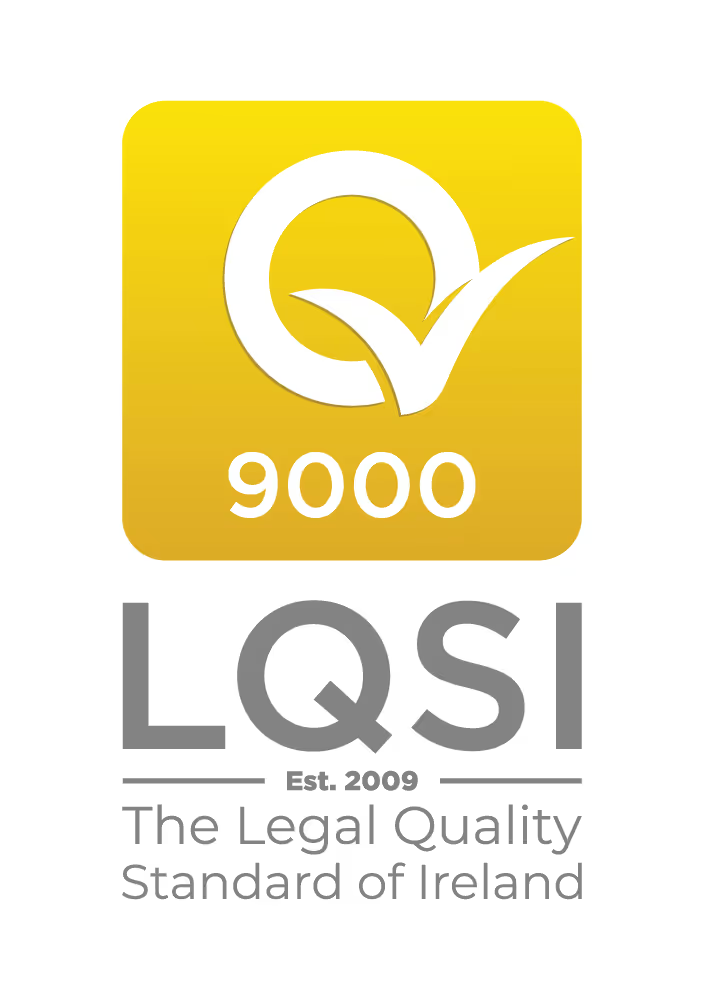Flynn O’Driscoll previously published an article on section 137 of the Companies Act 2014 (the “Act”) which requires an Irish incorporated company to have at least one European Economic Area (“EEA”) resident director. We outlined that this requirement does not apply to companies that hold an insurance bond (the “Bond”) or section 140 certificate.
In summary, the Bond must be put in place to the value of €25,000 allowing for the payment of the relevant company’s liabilities in respect of a fine or penalty which may be imposed under the Act. Alternatively, a company can be exempt from the requirement to have at least one EEA resident director if a company is granted a certificate form the Companies Registration Office, acknowledging that the company has a ‘real and continuous link’ with one or more economic activities that are being carried on in the State. In order to avail of this exemption, certain other requirements must be fulfilled to the satisfaction of the Revenue Commissioners. In this regard, a company must satisfy the Revenue Commissioners that one or more of the following conditions are satisfied by the company:• the affairs of the company are managed by one or more persons from a place of business established in the State and that person or those persons is or are authorised by the company to act on its behalf;• the company carries on a trade in the State; and• the company is a subsidiary or a holding company of a company or another body corporate that satisfies either or both of the conditions set out above.To view the full article on the Bond and the section 140 certificate please click here.
What is the Impact of Brexit?
Brexit will have an impact on Irish incorporated company’s compliance with section 137 of the Act. Following the extension of the Exit Date to October 31st 2019, should the UK leave the European Union, companies which have only UK resident directors will fall foul of the requirements of the Act. Failure to comply with section 137 of the Act is a criminal offence punishable by a fine up to €5,000.As such, all Irish incorporated companies with only UK resident directors, should now consider their options in complying with the requirements of the Act. In these circumstances, the company will have the following options to ensure compliance with the Act:1. apply for and obtain a Bond to the value of €25,000;2. apply to the Companies Registration Office with a statement from the Revenue Commissioners for a section 140 certificate; or3. appoint an EEA resident director (excluding the UK).Given that the Exit Date is fast approaching, we would advise all Irish incorporated companies with only UK resident directors to take action now and consider the above options. The appointment of an EEA resident director would be the cheapest and most efficient way to satisfy the Act and ensure compliance following the UK’s exit from the EEA. Flynn O’Driscoll can assist your company by putting the necessary documentation in place and making the necessary Companies Registration Office filings.Should you have any queries arising out of the foregoing, please contact either of the undersigned who will be happy to assist.[smartslider3 slider="56"]
About The Authors

Ciara Finnan
Ciara graduated from Dublin City University in 2015 with an honours degree in Economics, Politics and Law, specialising in Law. Ciara has worked in other large commercial firms in the financial institution department....View Profile







